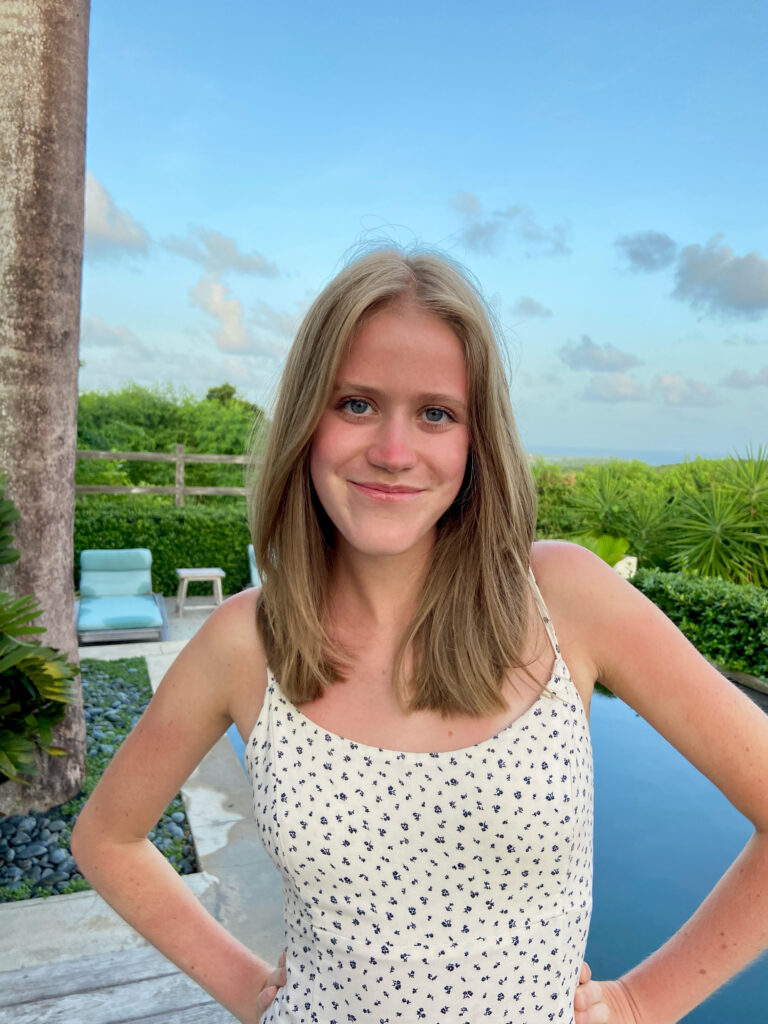Author: Katriina Fiedler, junior
This summer, I had the opportunity to intern at the International Rescue Committee, a refugee resettlement agency that resettles refugees in the Atlanta area, my hometown. The international rescue committee is an international organization that works in both crisis mitigation and resettlement.
I worked as a financial capabilities intern within the Economic Empowerment branch of the Atlanta office. As a financial capabilities intern, we worked to help newly arrived refugees develop financial capabilities and understand the daunting United States financial system.
The main goals of my department were to offer loans, including auto loans, credit-building loans, and small personal loans. These loans are intended to help clients gain low-interest access to capital and credit. Our department also offers financial literacy classes in clients’ native languages. These weekly workshops cover topics like credit and loans, savings and banking, and budgeting.
My largest responsibility in my internship was conducting budgets for clients, to assess both their self sufficiency and their eligibility for loans. For these budgets, I was assigned to work with French-speaking clients, as I had taken French in school. This was incredibly daunting because I had never spoken French outside of the academic context, but speaking French became incredibly rewarding as my conversational skills began to progress. I was able to assist many French speaking clients whom our department would have been otherwise unable to serve without an interpreter.
As an intern, one of my other primary responsibilities was to contact clients who needed help understanding their IOM loans, a mandatory loan covering each refugee’s cost of travel, and work with them to set up repayment or deferment. I spent a lot of time working one-on-one with clients and helping them understand more about what these loans are, helping clients set up loan repayment, or helping them defer the loan.
One of the most rewarding parts of my internship was simply speaking to clients, as working with them on budgets and IOM loans also allowed them to raise other concerns or questions. Each day brought an unexpected new task, like helping a client order a debit card, translating mail, or connecting them with employment or medical services.
As an economics and urban studies student, I was able to experience firsthand how personal finance can empower economic development. I have learned a lot about the resettlement process and how necessary and meaningful resettlement support is for clients. I hope to continue this work in future economic development roles, and I would like to thank the Honors Program for this incredible opportunity.

